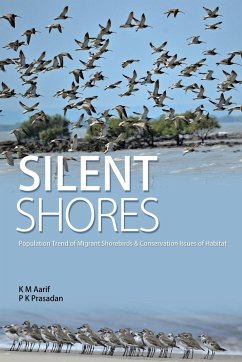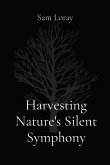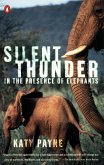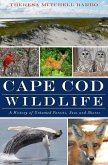The main objective of bringing out a book of this sort is to popularize the story of transcontinental migrant shorebirds visiting the West Coast region of India. The book focuses mainly on two major issues (on the basis of thorough scientific study): 1. The shorebirds are ecological indicators of wetland health on a global scale. It is a matter of serious international conservation concern that shorebird populations are declining all over the world, with many species and populations facing imminent threats of endangerment or extinction. The population of migrant shorebirds coming to our West Coast has been declining drastically. This finding is an outcome of dedicated and systematic scientific investigation (as a part of the doctoral work of Dr. Aarif) made in the West Coast, focusing on Kadalundi-Vallikkunnu Community reserve (KVCR). KVCR, one of the four community reserves in India, supports transcontinental migratory shorebirds in Central Asian Flyway (CAF). The CAF covers thirty countries, of which India is one of the dominant wintering grounds for shorebirds. 2. Shorebirds can be regarded as global sentinels of environmental changes due to their migratory ecology and habitat use patterns. For long-distant migrants, the ecological quality of wintering ground appears to be of key importance. The West Coast of India faces environmental threats due to anthropogenic activities. Habitat destruction, solid waste dumping, sand mining, and so on are subjected to scientific study in KVCR. The role of man-made infrastructures in/near the habitat like roads, bridges, mobile towers, etc., were also subjected to study. The consequences of these anthropogenic activities on the survival of macrobenthic invertebrates (major prey items of shorebirds) and their habitats have been studied following proven scientific methods. The dominance of humans and their population explosion are likely to competitively exclude many species of migrant shorebirds. Declining food resources and reduced suitability of stopover sites have far-reaching implications on the reproduction and survival of migrant shorebirds. Climate change due to anthropogenic activities may exacerbate the situation. The book focuses on the major environmental threats and suggests specific management plans for reducing the cumulative impacts on West Coast in General and Kadalundi-Vallikkunnu Community Reserve in particular. If the anthropogenic pressures on this ideal stopover site of transcontinental migrant shorebirds continue to escalate at the same pace, the winged visitors may find other suitable habitats for wintering and foraging. The music of the fluttering wings may be silenced if we do not wake up to this dire situation. The authors are apprehensive of this silence settling on the shores all over the world.
Hinweis: Dieser Artikel kann nur an eine deutsche Lieferadresse ausgeliefert werden.
Hinweis: Dieser Artikel kann nur an eine deutsche Lieferadresse ausgeliefert werden.








